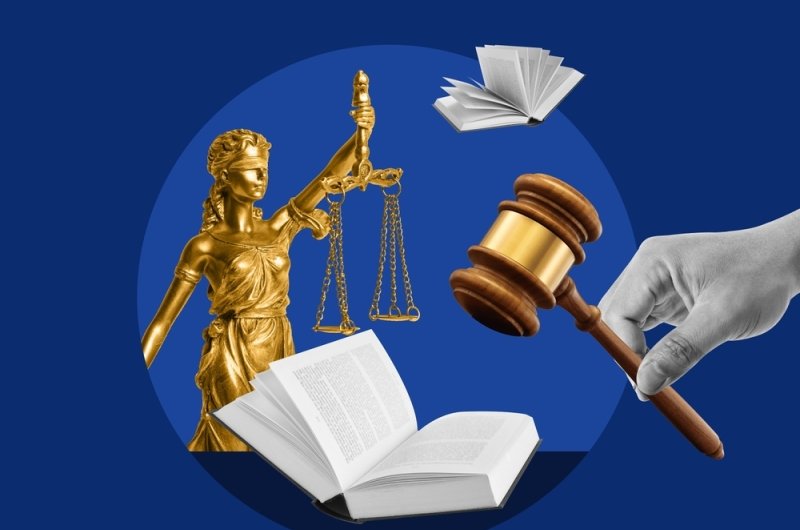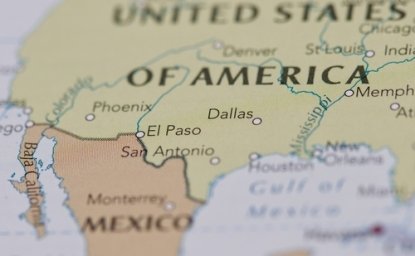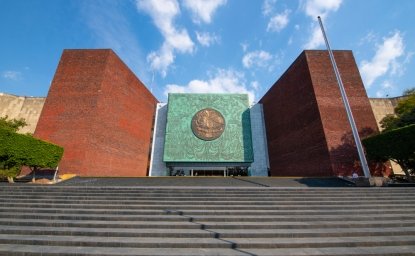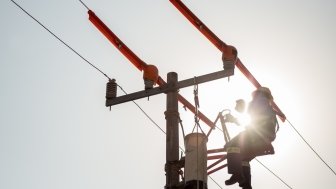Constitutional Reforms in Mexico
As Andrés Manuel López Obrador's (AMLO) presidential term concluded and Claudia Sheinbaum's began on October 1, the Mexico Institute began tracking the development of several key constitutional reforms. This collection is the ultimate resource for understanding the reforms and analyzing their impact on Mexico’s democracy and the US-Mexico bilateral relationship.

Recent Expert Analysis
Learn More

Judiciary Elections in Mexico: A Multilevel Approach

Mexico Energy Industry Transformed By Constitutional Reforms

The Structural Redesign of Security in Mexico
Q&A on Mexico's Constitutional Reforms
-
What constitutional reforms are being considered?
-
What is the timeline for the passage of the constitutional reforms?
-
What is required for a constitutional reform to pass?
-
What is the significance of these constitutional reforms?
-
How might the passage of these constitutional reforms impact the US-Mexico relationship?
Previous Events on Mexico's Reforms
All eventsExplore more related to this collection

Mexico Institute
The Mexico Institute seeks to improve understanding, communication, and cooperation between Mexico and the United States by promoting original research, encouraging public discussion, and proposing policy options for enhancing the bilateral relationship. A binational Advisory Board, chaired by Luis Téllez and Earl Anthony Wayne, oversees the work of the Mexico Institute. Read more













